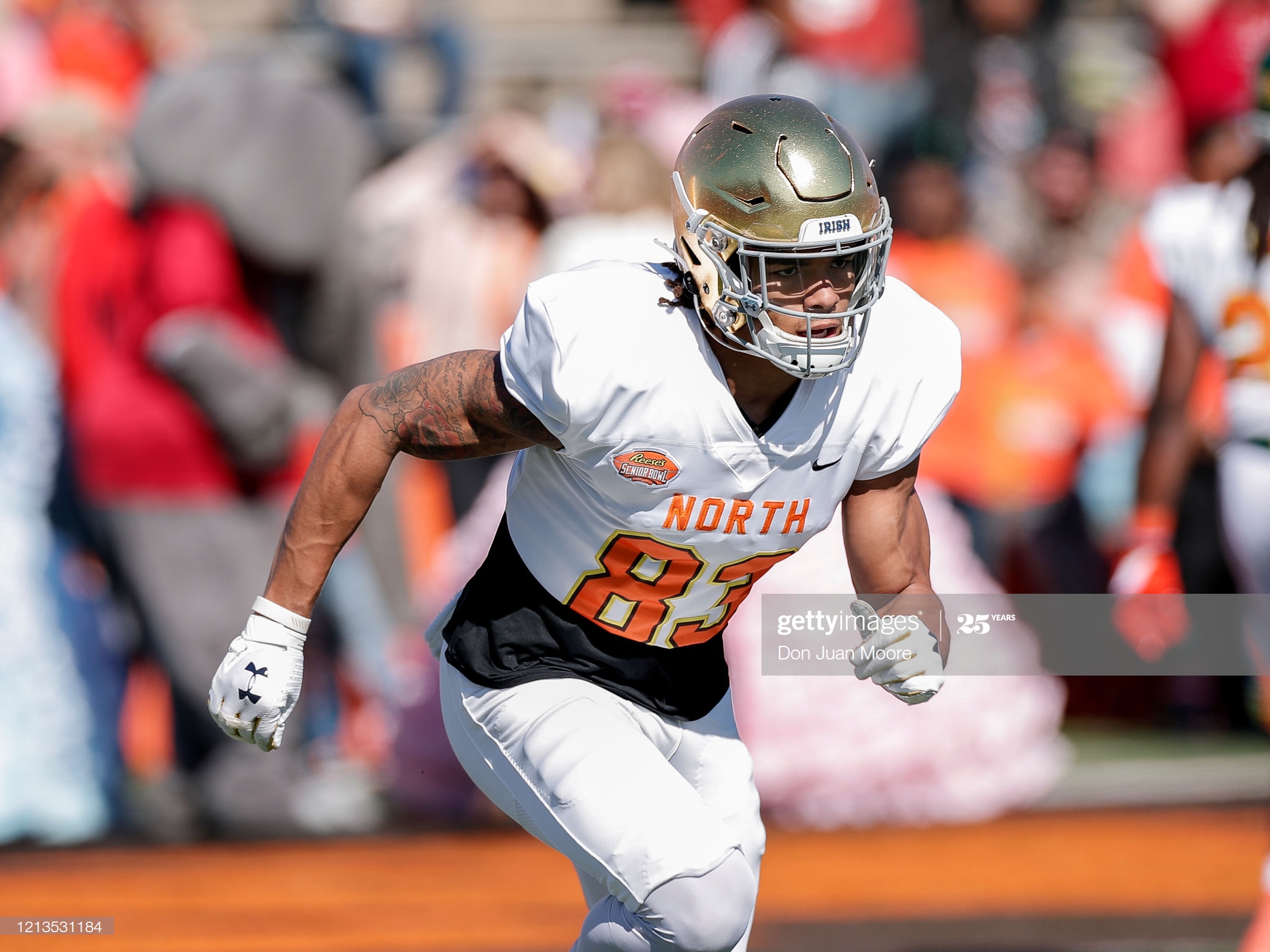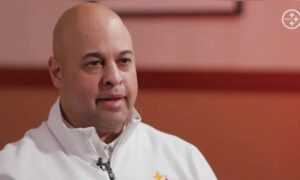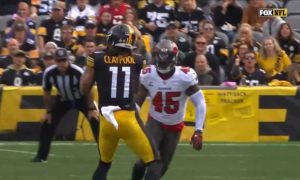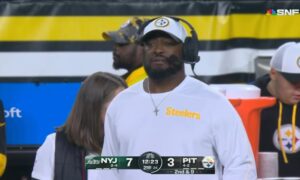For the majority of football fans, most discussions over the importance of special teams will be met only with a chorus of groans. Quite frankly, many of those professional journalists who cover the game, such as the wiener-averse Ed Bouchette, frequently downplay its importance and particularly the value of having ‘special teams players’ on the roster.
To be fair, there are probably no more than a couple or a few dozen players at most, at any given time, who successfully manage to carve out a long-term career by almost exclusively being a non-specialist contributor on special teams, with the most notable in the league being Matthew Slater.
The Pittsburgh Steelers have lost a number of notable core special teams contributors over the past two years, however, in Darrius Heyward-Bey, L.J. Fort, Tyler Matakevich, Roosevelt Nix, and Anthony Chickillo, with perhaps others I’m leaving out as well. They have, as always, had to be replaced.
The team’s 2020 draft class should have a few choice additions to those units this year, and maybe the most notable is their highest draft pick, second-round wide receiver Chase Claypool, who in college would not allow Notre Dame head coach Brian Kelly to take him off the special teams units.
“He takes great pride in it”, he recently told the Steelers’ website about Claypool’s special teams play. “As a matter of fact, he came to me and said coach, you can’t take me off any special teams. We were going to take him off of them and he asked not to be taken off any. It was something as a freshman he played on and had great success and took great pride in. It’s part of his DNA now”.
One of the highlights of his scouting report was the fact that, as a freshman in 2016, he recorded more tackles on special teams than receptions. He had 11 tackles that year. He would finish with 25 tackles over four seasons at Notre Dame, though some of that would include tackles after turnovers offensively.
“I was always playing special teams and it didn’t feel right not to”, he said of telling Kelly not to take him off the units. “I wanted to make the plays and help the team. It was an easy decision to go up to his office and ask him what he thought and give him my opinion that I should stay on the units. It just felt right”.
I could envision a 6’4”, 233-pound man who runs a 4.4 40-yard dash and likes to block and tackle finding himself useful to Danny Smith sooner rather than later. He wouldn’t be the first wide receiver to ever be a four-phase special teamer while also having a role on offense.








